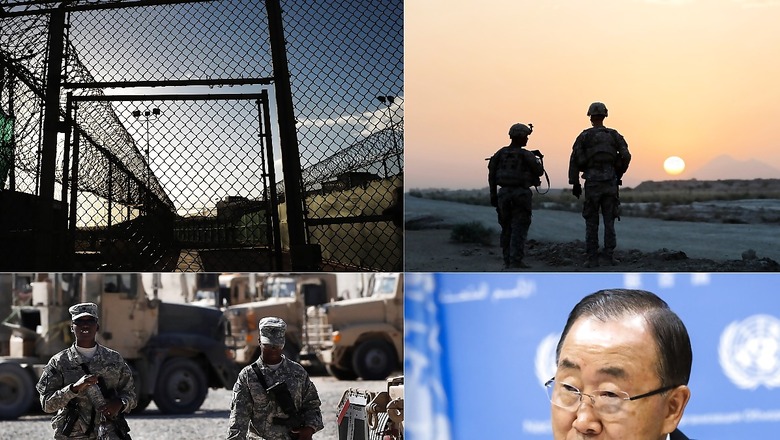
views
WikiLeaks founder Julian Assange landed in Australia on Wednesday after spending over five years in a British high-security jail and seven years in asylum at the Ecuadorean embassy in London. He had battled extradition to the US, where he faced 18 criminal charges tied to WikiLeaks’ release in 2010 of thousands of classified documents and diplomatic cables.
Among the most controversial leaks by WikiLeaks were videos from the Iraq and Afghanistan wars in the early to mid-2000s, which highlighted issues such as abuse of prisoners in US custody, human rights violations, and civilian deaths. Here are the 10 exposés by WikiLeaks that shook the world:
1. Iraq War
In 2010, WikiLeaks released classified US military documents exposing civilian casualties and controversial tactics during the Iraq War. The leak not only exposed the human cost of the conflict but also ignited a global debate on the ethics of war and the need for transparency in military operations. The revelations shed light on incidents of civilian deaths, including those caused by US coalition forces.
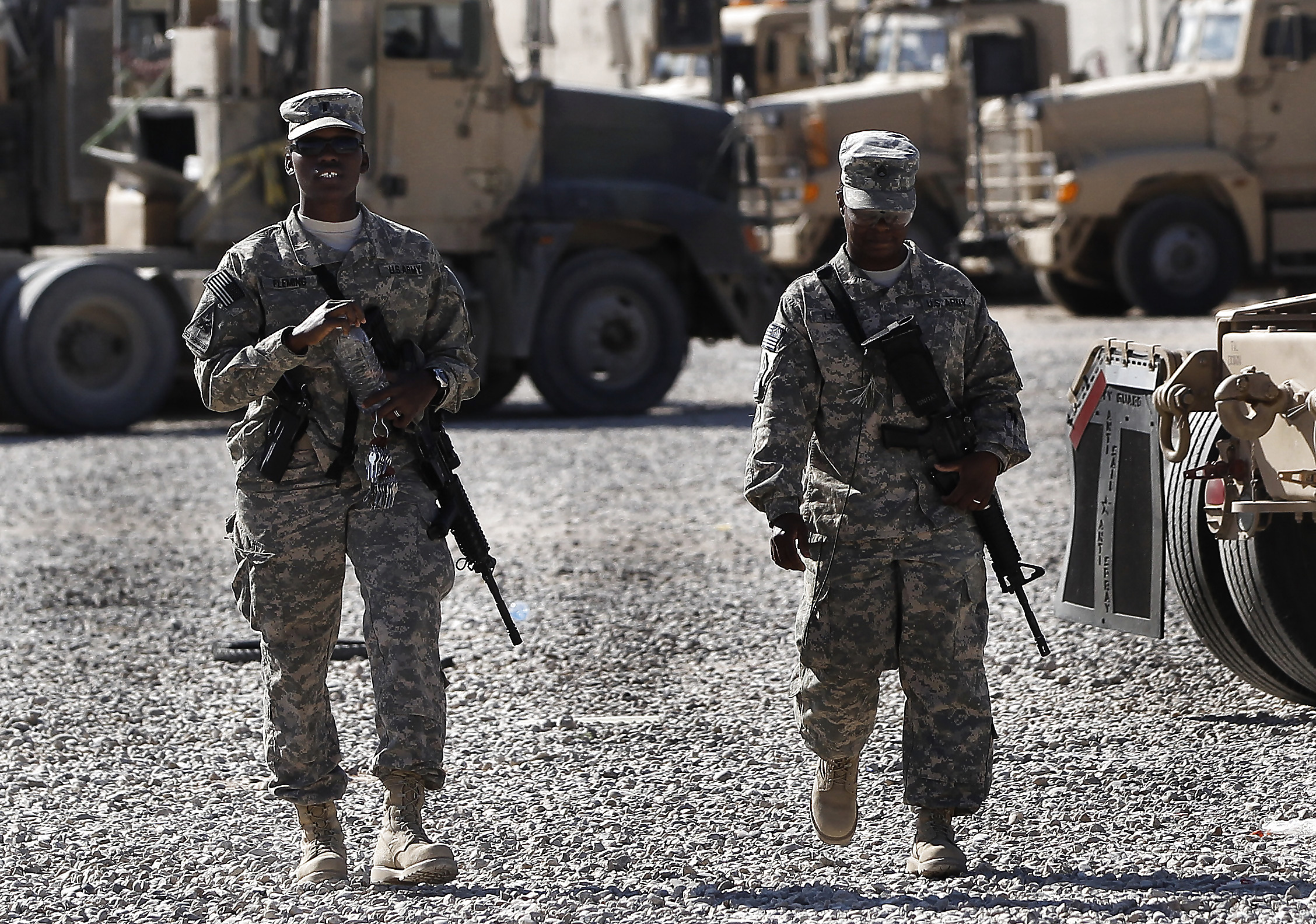
2. Guantánamo Files
WikiLeaks published documents detailing operations at Guantánamo Bay, revealing detainee abuse and the legal limbo faced by prisoners. The disclosures fueled international outcry and calls for the facility’s closure. Among the most troubling revelations were accounts of torture and mistreatment of detainees, which sparked renewed calls from human rights organizations, governments, and activists for the closure of the facility.
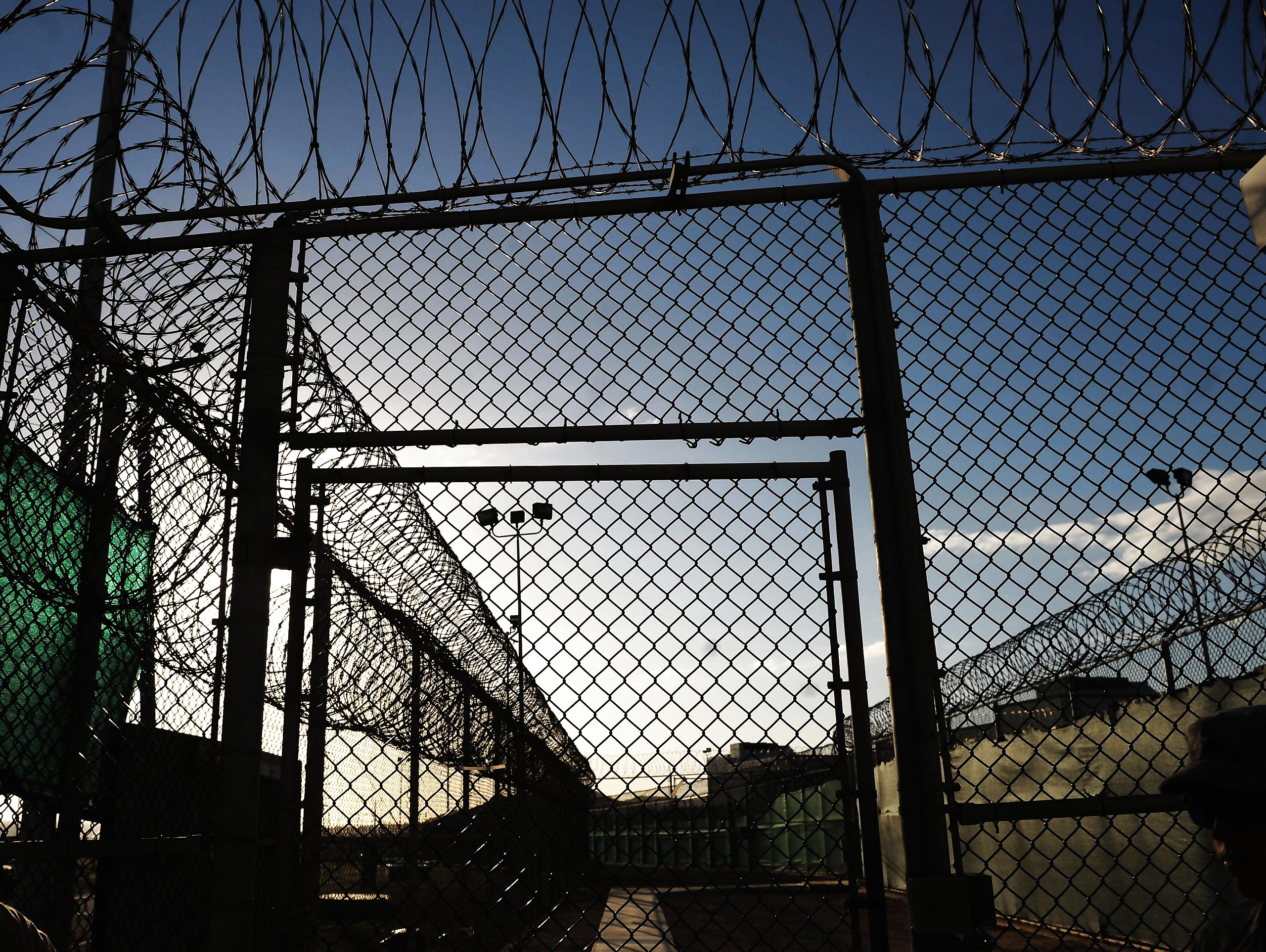
3. Afghan War Diary
WikiLeaks released a trove of documents known as the Afghan War Diary, exposing civilian casualties, covert operations, and Taliban tactics. The leaks provided unprecedented insight into the Afghan conflict’s complexities. It revealed how civilian casualties were massively underreported, detailed covert operations where US contractors used male child prostitutes in Afghanistan, and established the fact that the Taliban was only growing stronger despite US efforts.
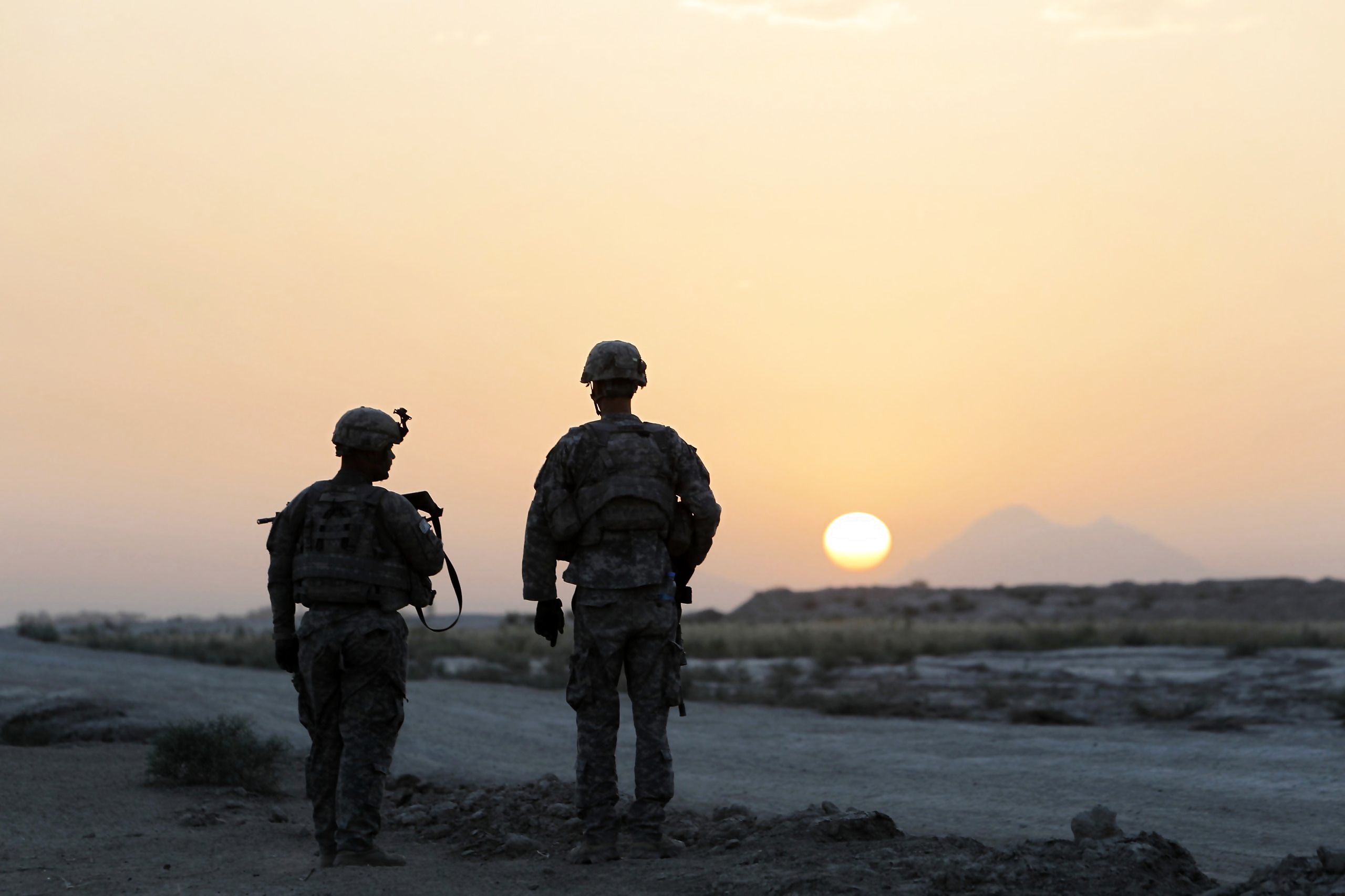
4. Collateral Murder Video
WikiLeaks published a classified video showing a US Apache helicopter attack in Baghdad that killed civilians, including journalists. The video showed the helicopter crew mistakenly identifying civilians as armed insurgents and firing on them, including a Reuters photographer and his driver. This incident raised significant ethical questions about rules of engagement, civilian protection, and transparency in wartime operations conducted by the US military.
5. NSA Watch on World Leaders
WikiLeaks revealed that the US National Security Agency (NSA) had targeted world leaders. The documents showed that the NSA had bugged a private climate change strategy meeting between then-UN Secretary-General Ban Ki-Moon and German Chancellor Angela Merkel in Berlin. The NSA intercepted sensitive diplomatic cables detailing how Israel’s Prime Minister Benjamin Netanyahu implored Italy’s Prime Minister Silvio Berlusconi to help patch up his ties with US President Barack Obama.
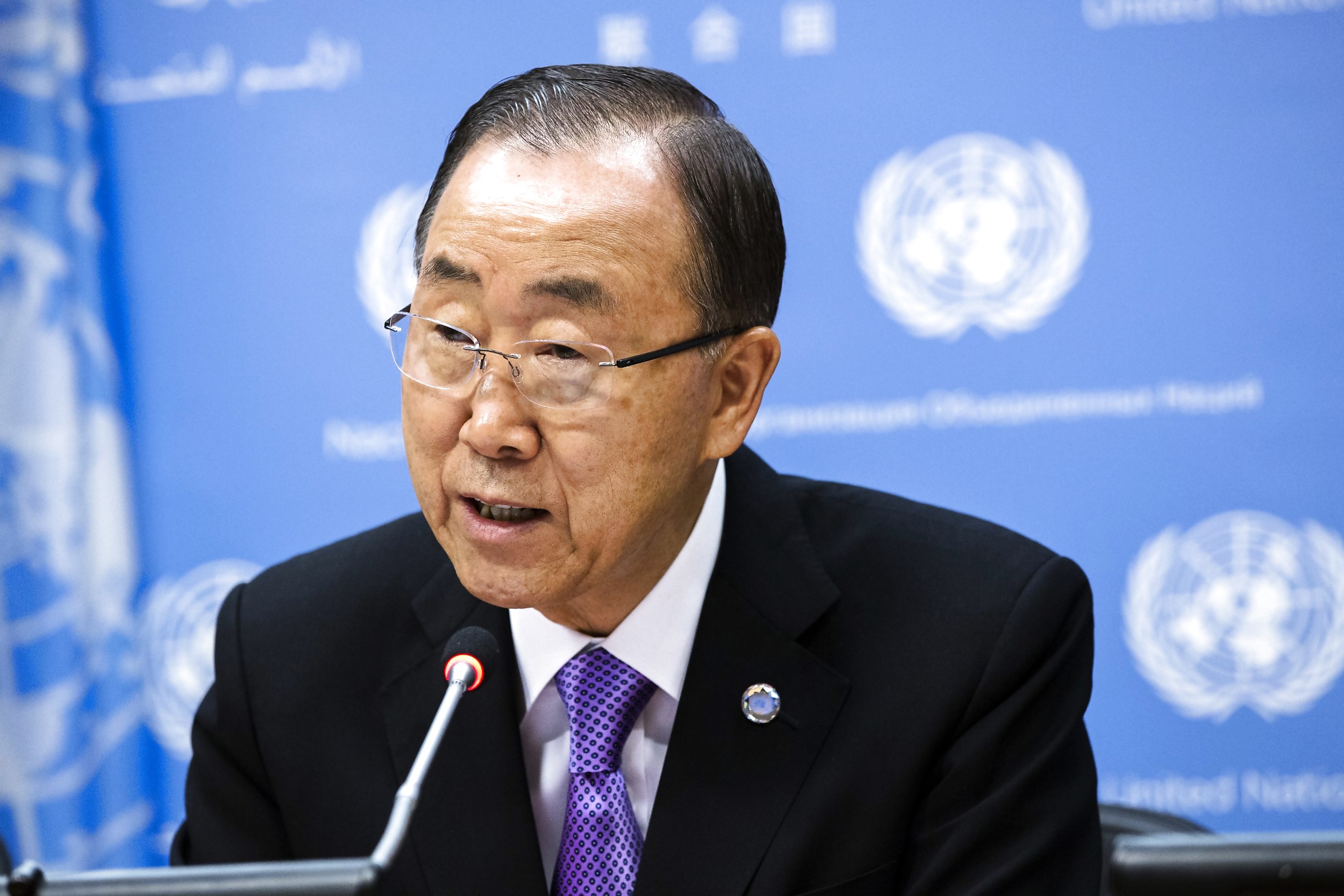
6. DNC Email Controversy
The release of Democratic National Committee emails by WikiLeaks in 2016 exposed internal party divisions. The leaked emails suggested that DNC officials favoured Hillary Clinton over Bernie Sanders, leading to allegations of unfair practices and manipulation of the primary process. This controversy deepened mistrust among Sanders’ supporters and added fuel to broader debates about transparency, fairness, and integrity within the American political system.
7. Saudi Cables
WikiLeaks published a series of Saudi diplomatic cables shedding light on regional politics, human rights abuses, and Saudi Arabia’s influence in the Middle East. The leaked documents revealed details about Saudi’s strategic alliances, covert operations, and diplomatic maneuvers. The leaks prompted intense scrutiny of Saudi Arabia’s domestic and foreign policies, particularly regarding its human rights record and involvement in regional conflicts.
8. Snowden NSA Documents
In collaboration with Edward Snowden, WikiLeaks published classified NSA documents revealing global surveillance programs. The disclosures sparked debates on privacy rights, government oversight, and the role of whistleblowers. The revelations prompted discussions on the balance between national security and civil liberties, with many arguing that the surveillance programs violated privacy rights.
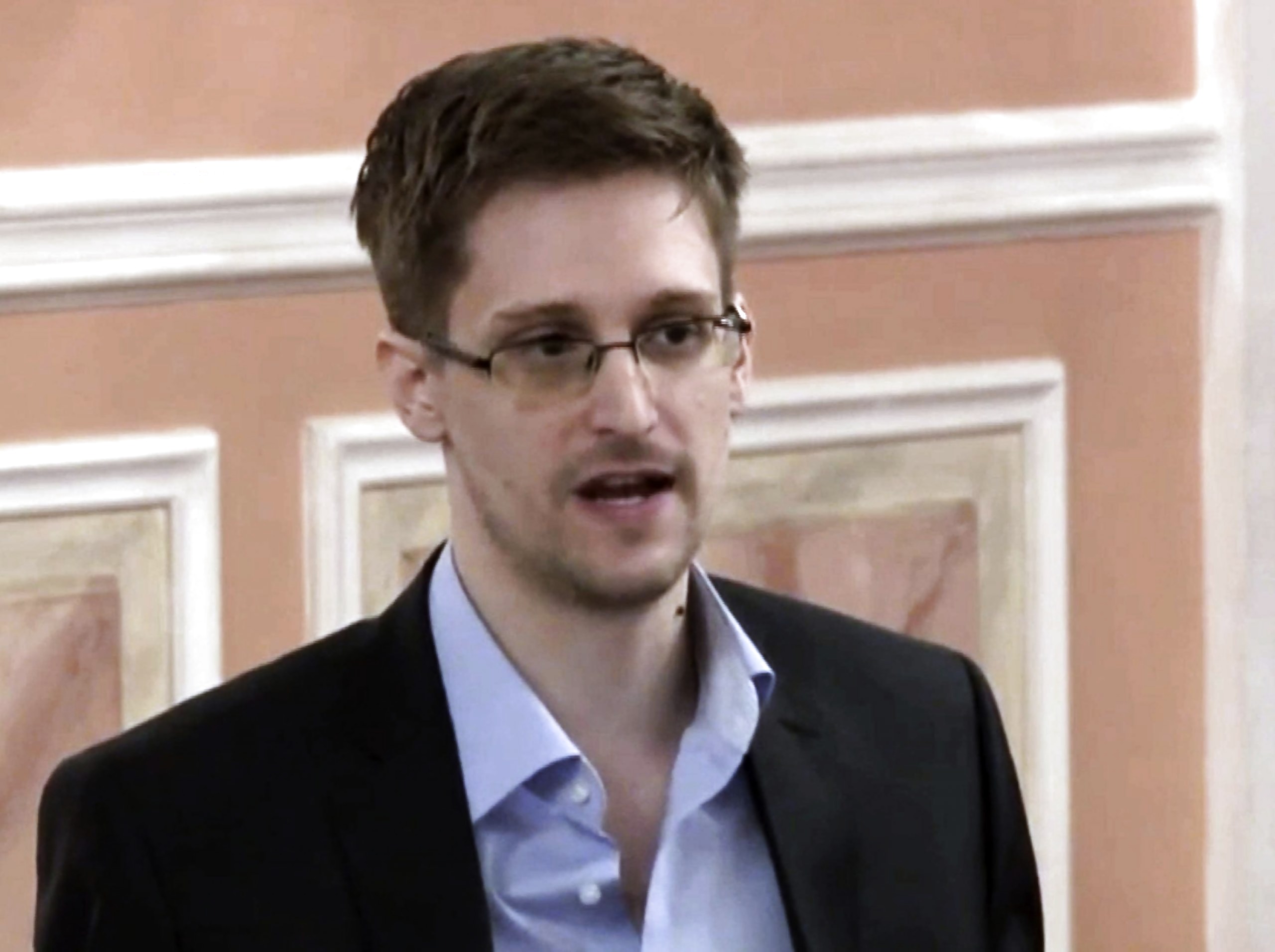
9. Hillary Clinton Emails
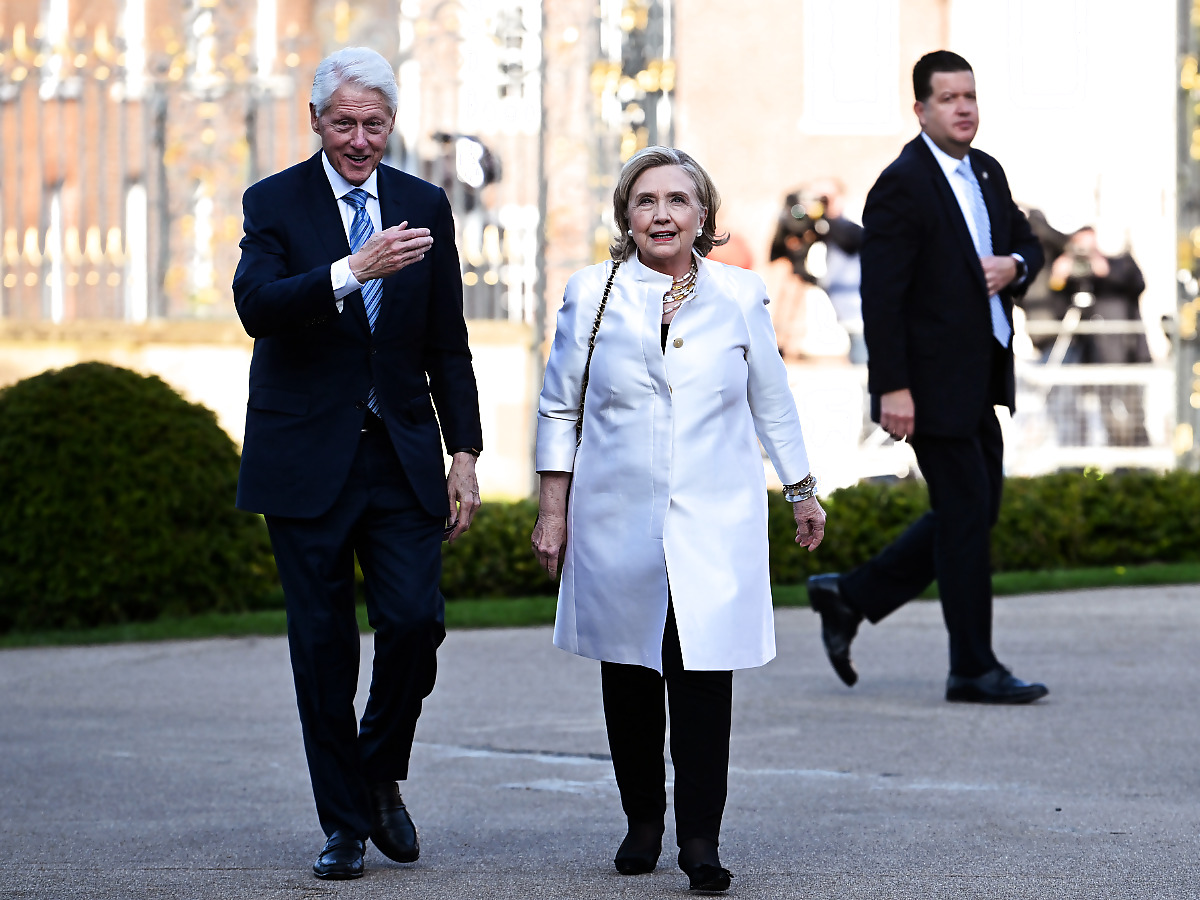
Former U.S. Secretary of State and Chancellor of Queen’s University Belfast, Hillary Clinton and former U.S president Bill Clinton arrive at Hillsborough Castle for the Gala dinner, in Belfast, April 19, 2023. (Reuters)
10. Vault 7
WikiLeaks released the Vault 7 series in 2017, exposing CIA hacking tools and surveillance techniques. The leaks raised concerns about cybersecurity vulnerabilities, government surveillance capabilities, and digital privacy. The leaks detailed the CIA’s capacity to exploit vulnerabilities in various electronic devices, including smartphones, computers, and smart TVs, to conduct covert surveillance operations worldwide.












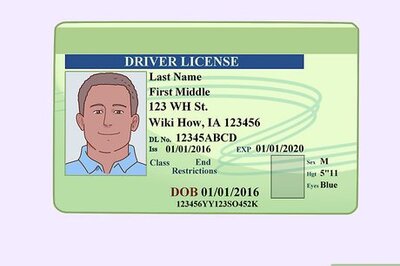
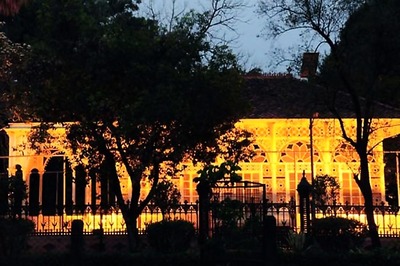


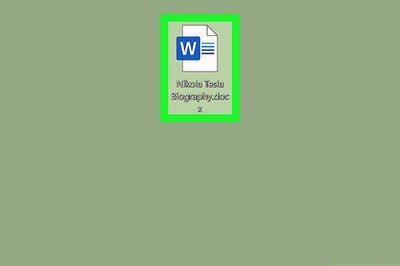

Comments
0 comment